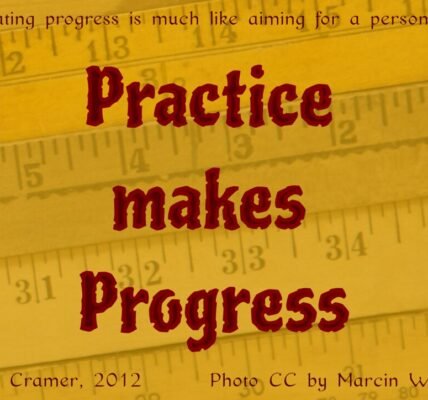Are you considering buying your first home? Congratulations! Owning a home is a significant milestone and a smart investment. However, the home buying process can be overwhelming, especially from a financial standpoint. In this article, we will provide you with valuable tips to help you navigate the journey of purchasing your first home while keeping your finances in check.
Setting a Budget
Before you start house hunting, it’s crucial to establish a realistic budget. Determine how much you can comfortably afford to spend on a house without jeopardizing your financial stability. Consider factors such as your income, expenses, savings, and future financial goals.
Saving for a Down Payment
One of the most important aspects of buying a home is saving for a down payment. A larger down payment will not only reduce the amount you need to borrow but also potentially result in a lower interest rate on your mortgage. Start saving early and set a specific target for your down payment. Consider automating your savings to ensure consistency and discipline.
Understanding Mortgage Options
Educate yourself about the various mortgage options available to first-time homebuyers. Research different types of mortgages, such as fixed-rate mortgages and adjustable-rate mortgages (ARMs). Compare interest rates, loan terms, and associated fees. Determine which option aligns best with your financial goals and preferences.
Building an Emergency Fund
Homeownership comes with unexpected expenses, such as repairs and maintenance. It’s crucial to have an emergency fund in place to cover these unforeseen costs. Aim to save at least three to six months’ worth of living expenses in an easily accessible account. This way, you can address any emergencies without jeopardizing your financial stability.
Getting Pre-Approved for a Mortgage
Consider getting pre-approved for a mortgage before you start house hunting. This will give you a clear idea of your borrowing capacity and make you a more attractive buyer in the eyes of sellers. Keep in mind that pre-approval is different from pre-qualification, as it involves a thorough assessment of your financial situation by a lender.
Working with a Real Estate Agent
Engaging a professional real estate agent can be highly beneficial, especially for first-time homebuyers. An experienced agent can guide you through the homebuying process, help you find suitable properties, and negotiate on your behalf. They have extensive knowledge of the local market and can provide valuable insights.
Conducting Thorough Inspections
Before finalizing the purchase of a home, it’s essential to conduct thorough inspections. Hire a qualified home inspector to assess the property’s condition and identify any potential issues. This step will help you make an informed decision and avoid costly surprises down the line.
Negotiating the Purchase Price
Don’t be afraid to negotiate the purchase price. In real estate transactions, there is often room for negotiation. Research the market value of similar properties in the area and use that information to support your offer. Work closely with your real estate agent to develop a negotiation strategy that aligns with your budget and priorities.
Conclusion
Buying your first home is an exciting and fulfilling experience. By following these financial tips, you can make informed decisions and ensure a smooth homebuying process. Remember to set a budget, save for a down payment, explore mortgage options, build an emergency fund, get pre-approved, work with a real estate agent, conduct inspections, and negotiate wisely. Good luck with your journey to homeownership!
Download our app MadbuMax on the Apple App Store for the latest news and financial tools. Interested in getting your finances in order do not forget to check Dr. Paul Etienne’s best-seller book on personal finance. To access more resources, tools and services please click here. Also do not forget to follow Dr. Etienne on IG or Twitter.





